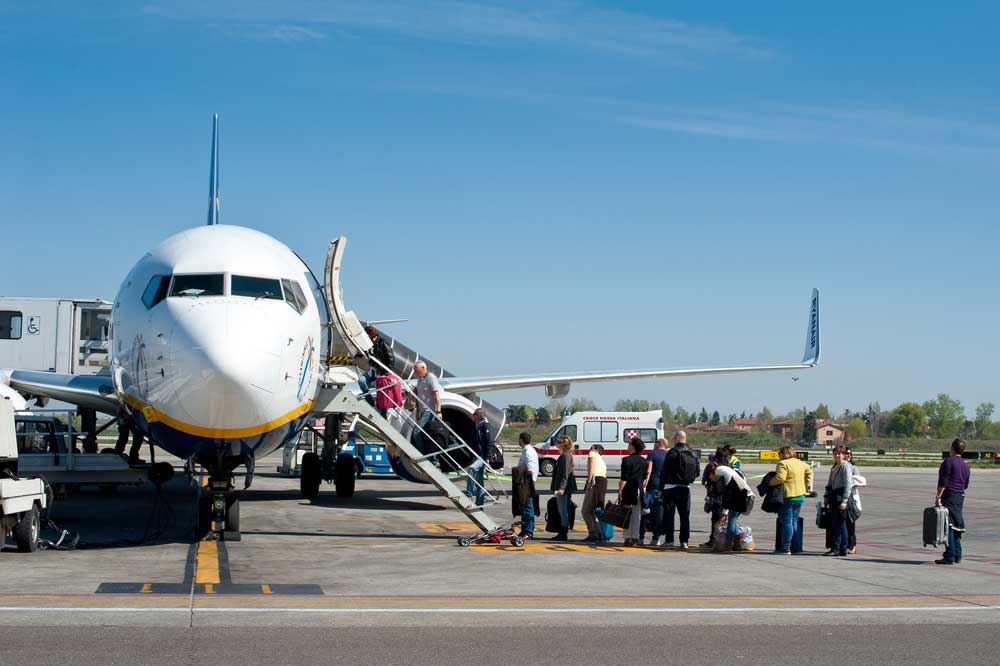In a recent attack on the Indian Army in the Poonch district, terrorists strategically employed the ALPINE offline navigation app to facilitate their escape. The intelligence agencies conducting the investigation have confirmed that the attackers utilized the offline application on the evening of December 21, immediately following their assault on the Indian Army convoy in the Dera Ki Gali (DKG) area.
Sources within the investigation agency revealed that this marks the second instance this year where the Alpine app has been used by terrorists, with the previous incident occurring on May 5, resulting in the loss of five Special Forces jawans. The app’s offline nature poses a challenge for security forces, as it leaves no digital traces, enabling the attackers to evade tracking.
The use of offline apps, including ALPINE, and offline messengers has been noted by security agencies in various instances over the past four years. Terrorists leverage these tools to communicate off the grid, complicating efforts by security forces to intercept their activities.
The strategic planning of attacks in Poonch and Rajouri is evident, with a focus on the timing of the assaults. The attacks consistently occur in the late afternoon, allowing terrorists to escape under the cover of darkness, minimizing the security forces’ ability to track them during nighttime.
In the most recent attack on December 21, four Indian Army jawans made the ultimate sacrifice, while three others sustained injuries. The assault took place as additional reinforcement troops were en route to support an ongoing cordon and search operation in the area. The Army has maintained that the operation was launched based on hard intelligence.
In response to the incident, Indian Army Chief General Manoj Pandey visited the troops and directed them to conduct operations in a professional manner. Defence Minister Rajnath Singh is scheduled to visit Jammu and Rajouri today to review operational preparedness and hold a high-level security review meeting at Raj Bhawan in Jammu. The security forces are grappling with the challenge posed by the use of offline navigation apps, further emphasizing the need for innovative strategies to counteract these tactics employed by terrorists.















